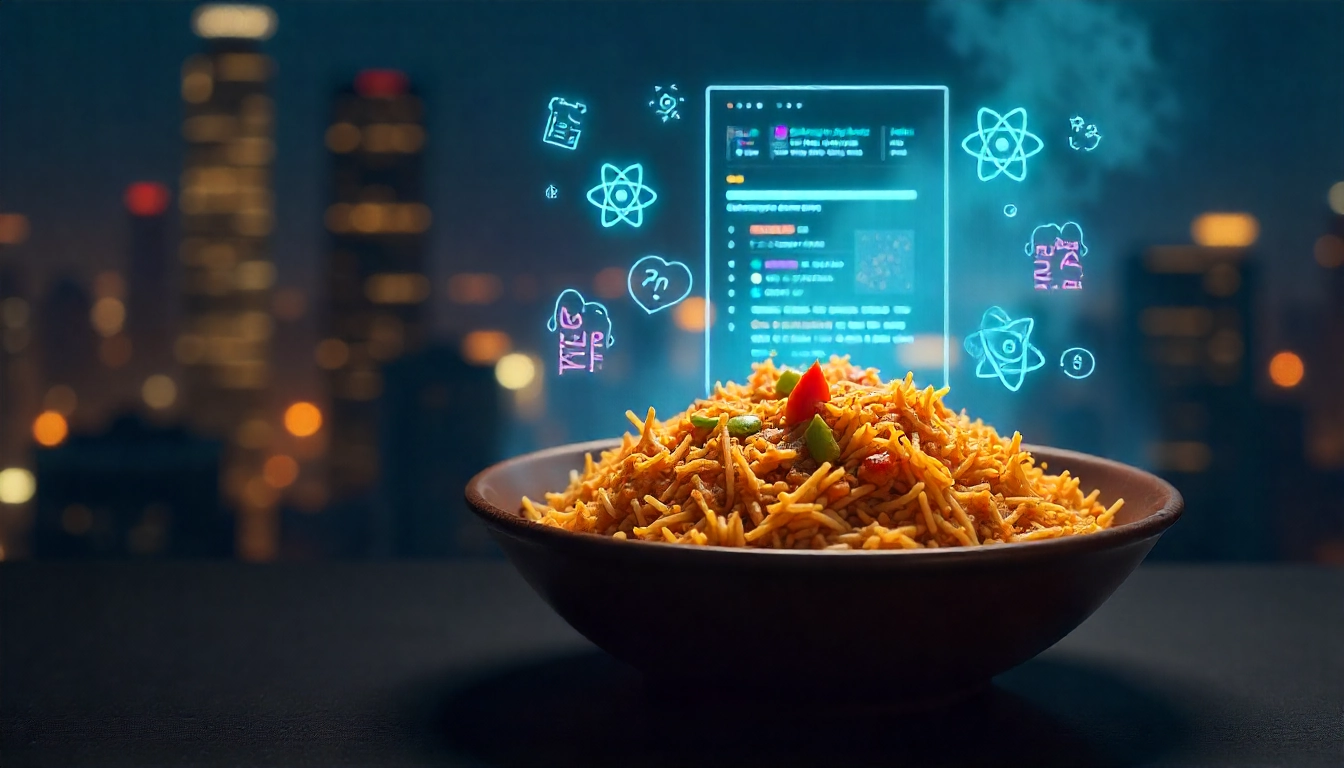
If you’ve ever tasted perfectly cooked biryani, you know it’s not just food — it’s an art. Similarly, a great website is not just code and pixels — it’s an experience. Miss one key ingredient or rush a step, and the whole thing falls apart.
1. The Ingredients: Your Website’s Core Elements
Just as biryani needs quality rice, fresh meat, and fragrant spices, a website needs solid branding, a clear structure, and engaging content. Using poor hosting, low-quality images, or inconsistent fonts is like using stale rice — it ruins the final product.
2. The Preparation: Planning Before Cooking
No chef just throws rice and chicken into a pot and hopes for the best — they follow a recipe. Likewise, you need a site map, wireframes, and a content strategy before development.
3. Layering: Designing User Experience
In biryani, every layer — rice, meat, spices — builds flavor. On a website, each page must be designed with care, ensuring easy navigation and meaningful calls to action.
4. The Slow Cook: Development Takes Time
Rush the cooking, and you get undercooked rice. Rush a website, and you’ll have broken links, poor mobile performance, and user frustration.
5. The Taste Test: QA & Launch
Chefs taste before serving. Web developers test on multiple devices and browsers before launch.
"A well-cooked biryani is remembered. A well-designed website is bookmarked."
Final Serving: The Launch
Once ready, you serve biryani with pride. Once your website is done, you launch it confidently — knowing you’ve followed the perfect recipe.